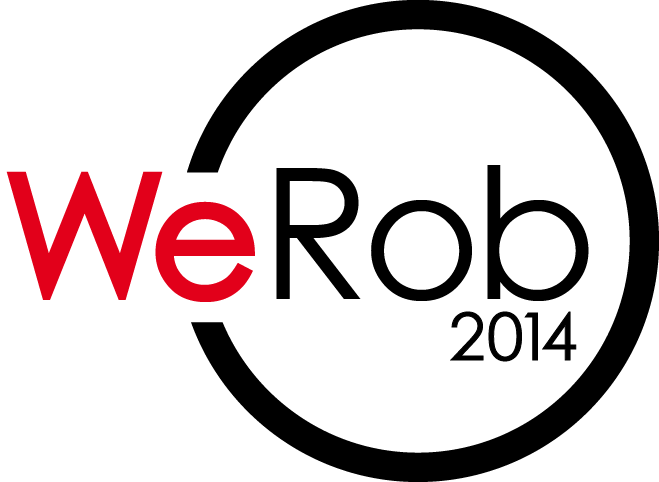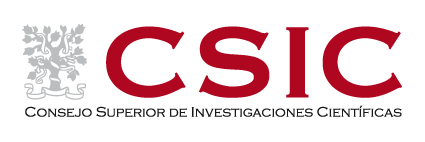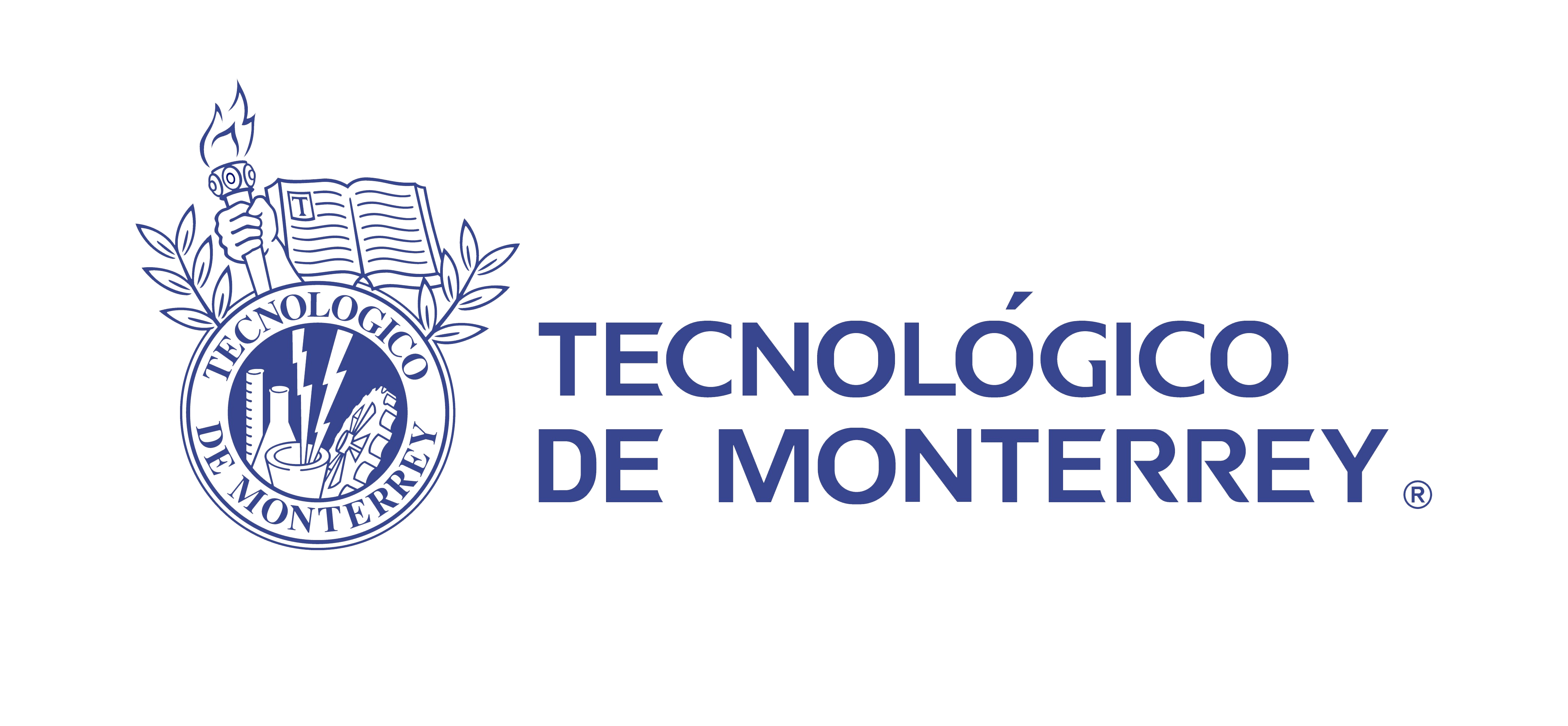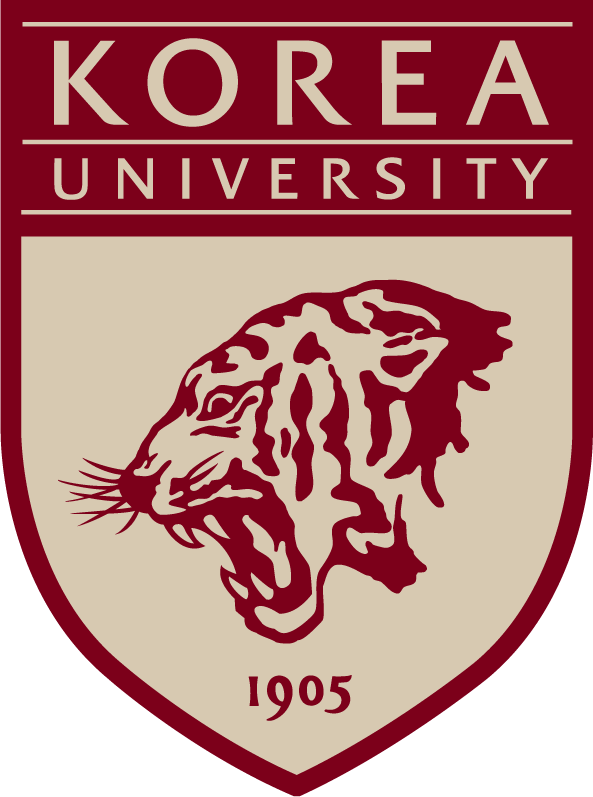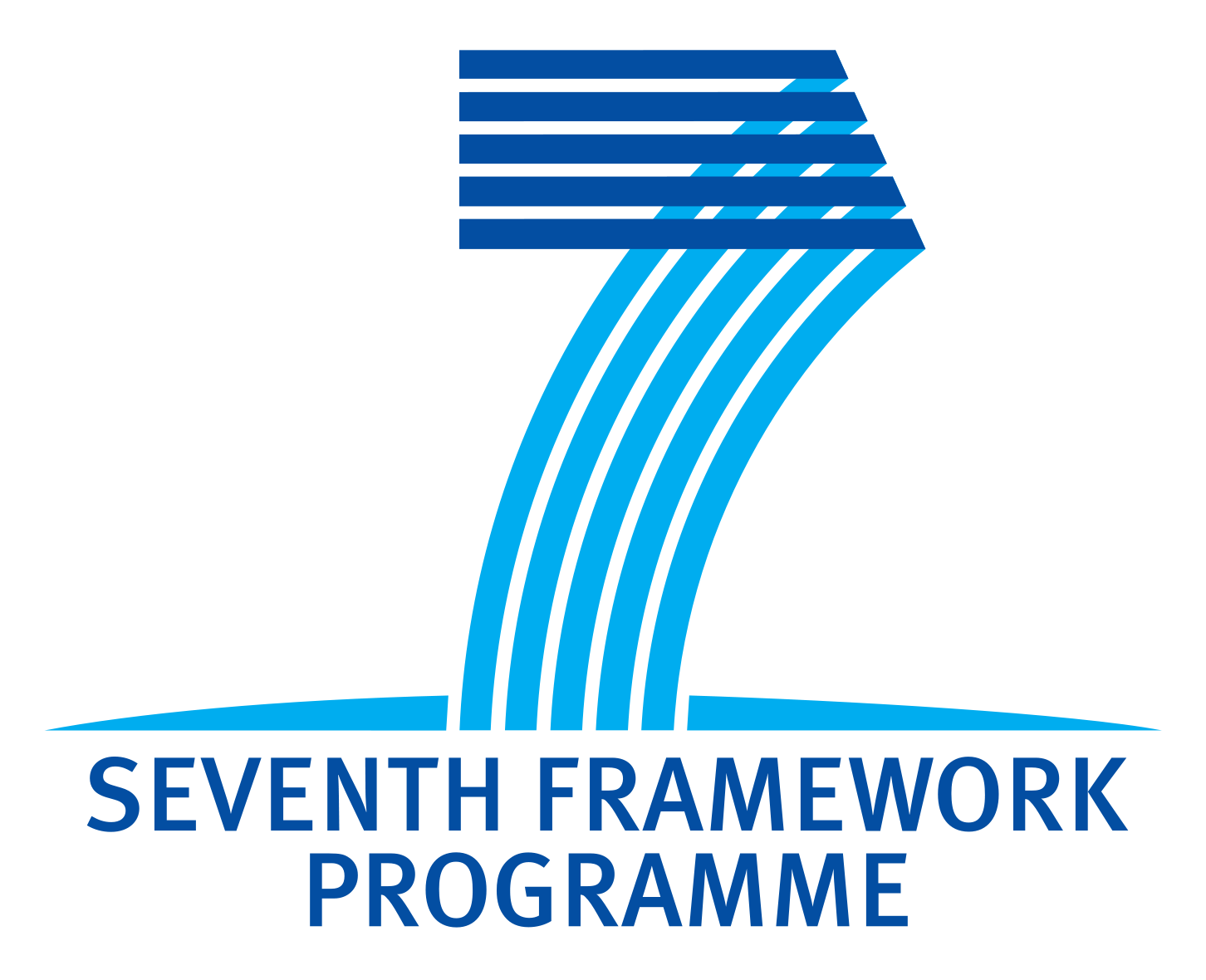Who's attending
Innovators from around the world will discuss challenges and potential solutions leading to the development of wearable robotics technologies supporting advanced therapeutic interventions in major neurological diseases, e.g. Cerebrovascular Accidents (CBA), Spinal Cord Injury (SCI), Traumatic Brain Injury (TBI), Cerebral Palsy (CP).
Chair and Co-Chair(s)
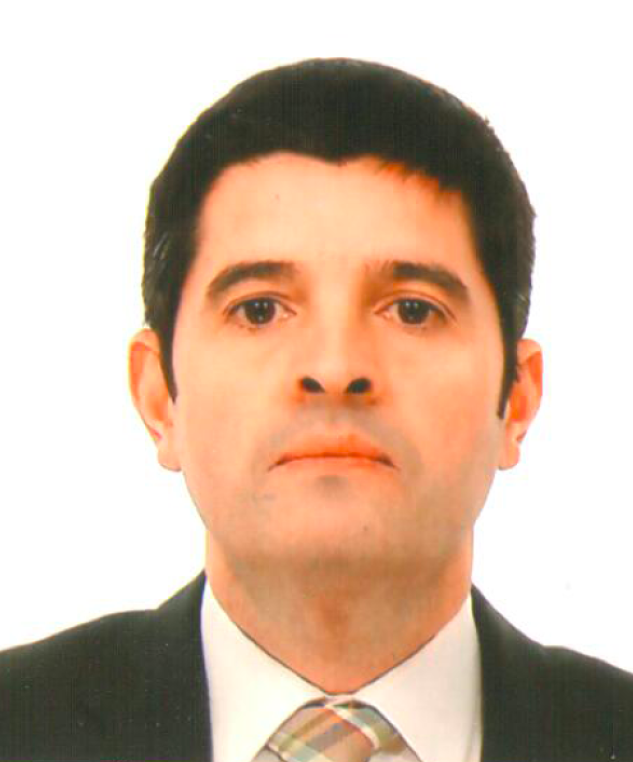
|
Member of the Steering Committee (Chair)
José L. Pons Neural Rehabilitation Group, Cajal Institute Spanish National Research Council |
Prof. J.L. Pons is with CSIC since 1993 and has actively participated in a number of National, European and International RTD projects in the area of rehabilitation robotics, new actuators and control technologies. |
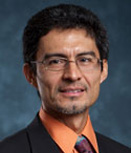
|
Member of the Steering Committee (USA and Canada) (Co-chair)
José L. Contreras-Vidal Departments of Electrical & Computer Eng. and Biomedical Eng. University of Houston |
Dr. Contreras-Vidal earned his Ph.D. in cognitive and neural systems from Boston University. He held faculty appointments at the University of Maryland-College Park, MD before joining the faculty of the University of Houston and becoming a full affiliate member of The Methodist Hospital Research Institute (TMHRI). (read more) |
Steering Committee

|
Member of the Steering Committee (Asia)
Seong-Whan Lee Dept. of Brain and Cognitive Engineering, Korea University Seoul, Korea |
Prof. Lee received the Ph.D. degrees in computer science from Korea Advanced Institute of Science and Technology, Korea in 1989. He is currently the Hyundai-Kia Motor Chair Professor at Korea University, where he is the head of the Department of Brain and Cognitive Engineering. His research interests include pattern recognition, brain-computer interface, and cognitive engineering. (read more) |
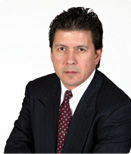
|
Member of the Steering Committee (Central and South America)
Rogelio Soto Rodríguez Tecnológico de Monterrey Monterrey, Mexico |
Prof. Rogelio Soto received the Ph.D. degree in electrical engineering from the University of Texas, Arlington, in 1990. He is currently a Director for Research with Tecnológico de Monterrey, Campus Monterrey in Mexico, where he is also a Professor with the Department of Mechatronics, School of Engineering, and a Co-director of the Research Chair in Robotics. His research interests are in the areas of robotics, nonlinear and neuro-fuzzy control for applications in mechatronics and medicine. (read more) |

|
Member of the Steering Committee (Europe)
Herman van der Kooij Prof. Biomechatronics and Rehabilitation Technology - Biomechanical Eng. University of Twente, Enschede |
Prof. Dr. ir. Herman van der Kooij, (1970) received his Phd with honors (cum laude) in 2000 and is professor in Biomechatronics and Rehabilitation Technology at the Department of Biomechanical Engineering at the University of Twente (0.8 fte), and Delft University of Technology (0.2fte), the Netherlands. His expertise and interests are in the field of human motor control, adaptation, and learning, rehabilitation robots, diagnostic, and assistive robotics, virtual reality, rehabilitation medicine, and neuro computational modeling. (read more) |
Medical Advisory Board
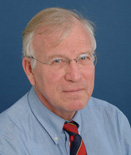
|
Volker Dietz Spinal Cord Injury Center Balgrist University Hospital Zurich, Switzerland |
Professor Dr. Volker Dietz completed medical training and specialisation in neurology and neurophysiology at the University of Freiburg, Germany. His research was devoted to human motor control and movement disorders. Using the technique of neurophysiological recordings during movements he established a novel pathophysiological basis of, for example, spastic movement disorder. The discrepancy between the clinical condition of spasticity and the movement disorder had profound therapeutical consequences. (read more) |
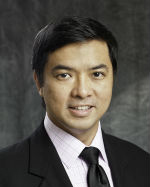
|
Gerard E. Francisco Dep. of Physical Medicine and Rehab University of Texas Health Science Center at Houston (UTHealth) Medical School | Gerard Francisco, M.D., is one of the nation's leading physicians in the field of brain injury and stroke rehabilitation and spasticity management. A frequent lecturer nationally and internationally, he is currently conducting research on the use of botulinum toxins and intrathecal baclofen for the treatment of spasticity, along with the use of robots to facilitate recovery after stroke or spinal cord injury. (read more) |
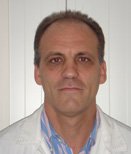
|
Ángel Gil Hospital Nacional de Parapléjicos de Toledo, Spain |
Medical Doctor and Ph.D degree obtained in the Faculty of Medicine, Universidad Complutense (Madrid, Spain) with a doctoral thesis about manual wheelchair propulsion ergonomics in spinal cord injury patients (2009). Clinical practice in different hospitals since 1993 as Physical Medicine and Rehabilitation specialist. Researcher from 1994 to 1996 in Institute of Biomechanics in Valencia (IBV). Coordinator of Biomechanics and Technical Aids Department in National Hospital for Spinal Cord Injury (Toledo, Spain) since 2005. |
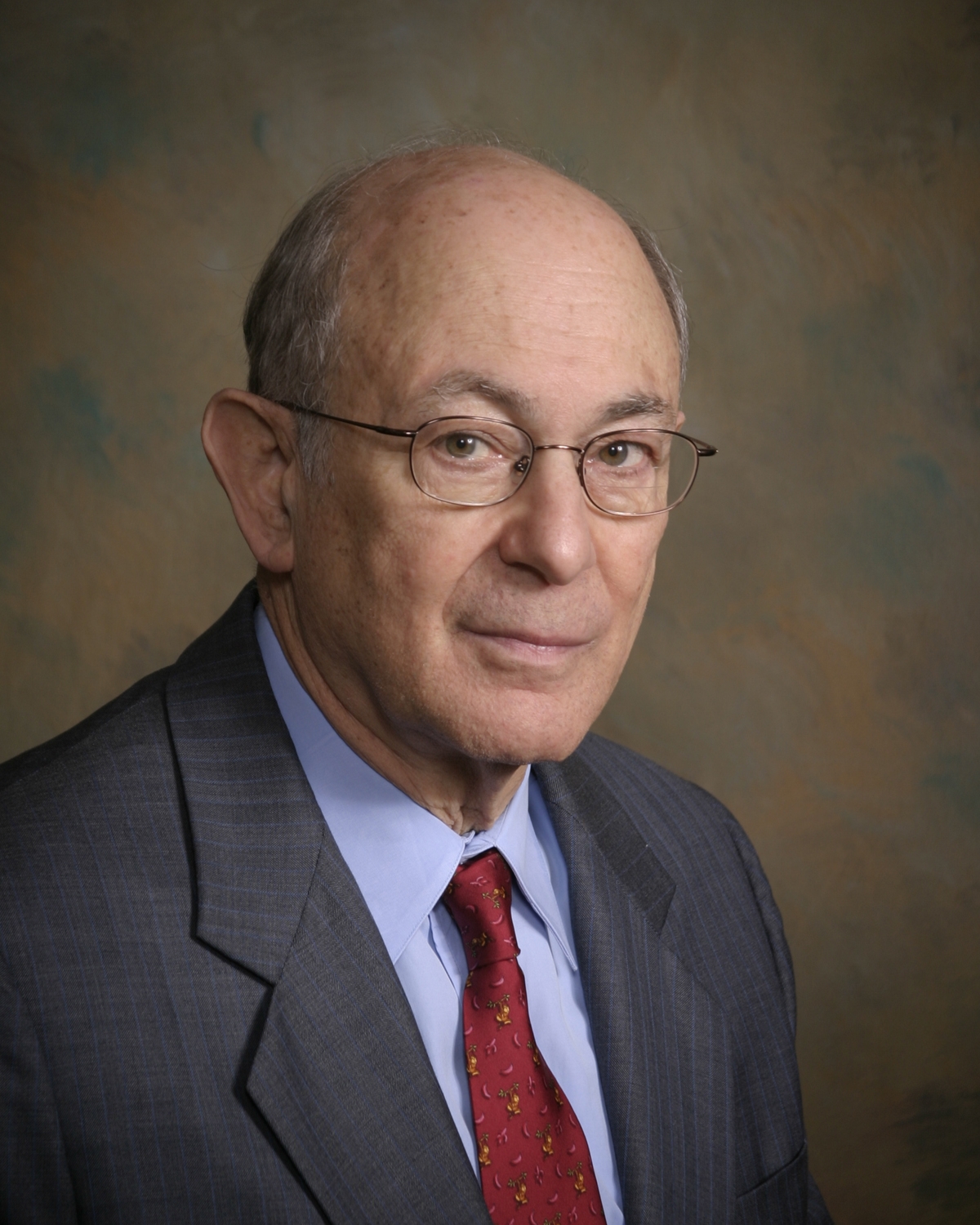
|
Robert G. Grossman Professor, Department of Neurosurgery Houston Methodist Neurological Institute | Dr. Grossman is Professor in the Department of Neurosurgery, Houston Methodist Hospital. He is collaborating with Dr. Jose Contreras, Director, Laboratory for Noninvasive Brain-Machine Interface Systems, University of Houston, in the development of BMI Robotic Exoskeletons. He has had a long-standing involvement in the design and execution of clinical trials for traumatic brain and spinal cord injury. (read more) |
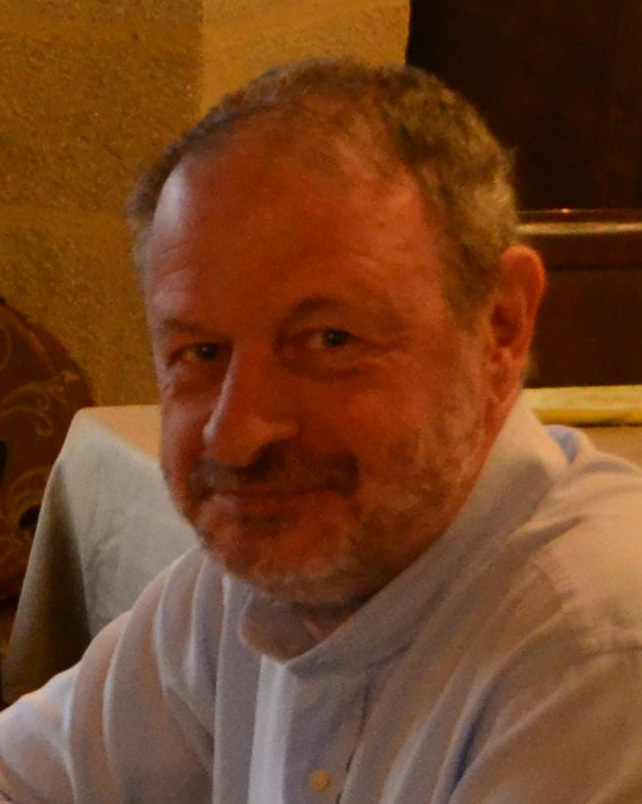
|
Marco Molinari Fondazione Santa Lucia, Italy |
Dr. Marco Molinari (Neurologist, Physical medicine and rehabilitation specialist, PhD in Neuroscience) is the Director of Neurorehabilitation Clinical Unit A and of Experimental Neurorehabilitation Lab from the Fondazione Santa Lucia, Rome. Neurorehabilitation clinical unit A is a clinical ward devoted to neurological rehabilitation in which subacute stroke patients receive a complete multidisciplinary rehabilitative treatment. |
Academia
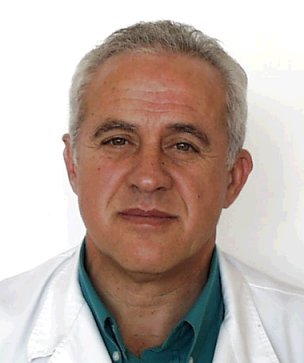
|
Ramón Ceres Neural Rehabilitation Group, Cajal Institute Spanish National Research Council | Dr Ramón Ceres, is Professor of Research at the Bioengineering Group of the Spanish National Council for Science Research (CSIC), received his Ph D. at the Universidad Complutense of Madrid. He is author of more than 250 publications with different positions, mainly in the rehabilitation field, being at present President of Latin-American Association for Assistive Technologies AITADIS. |
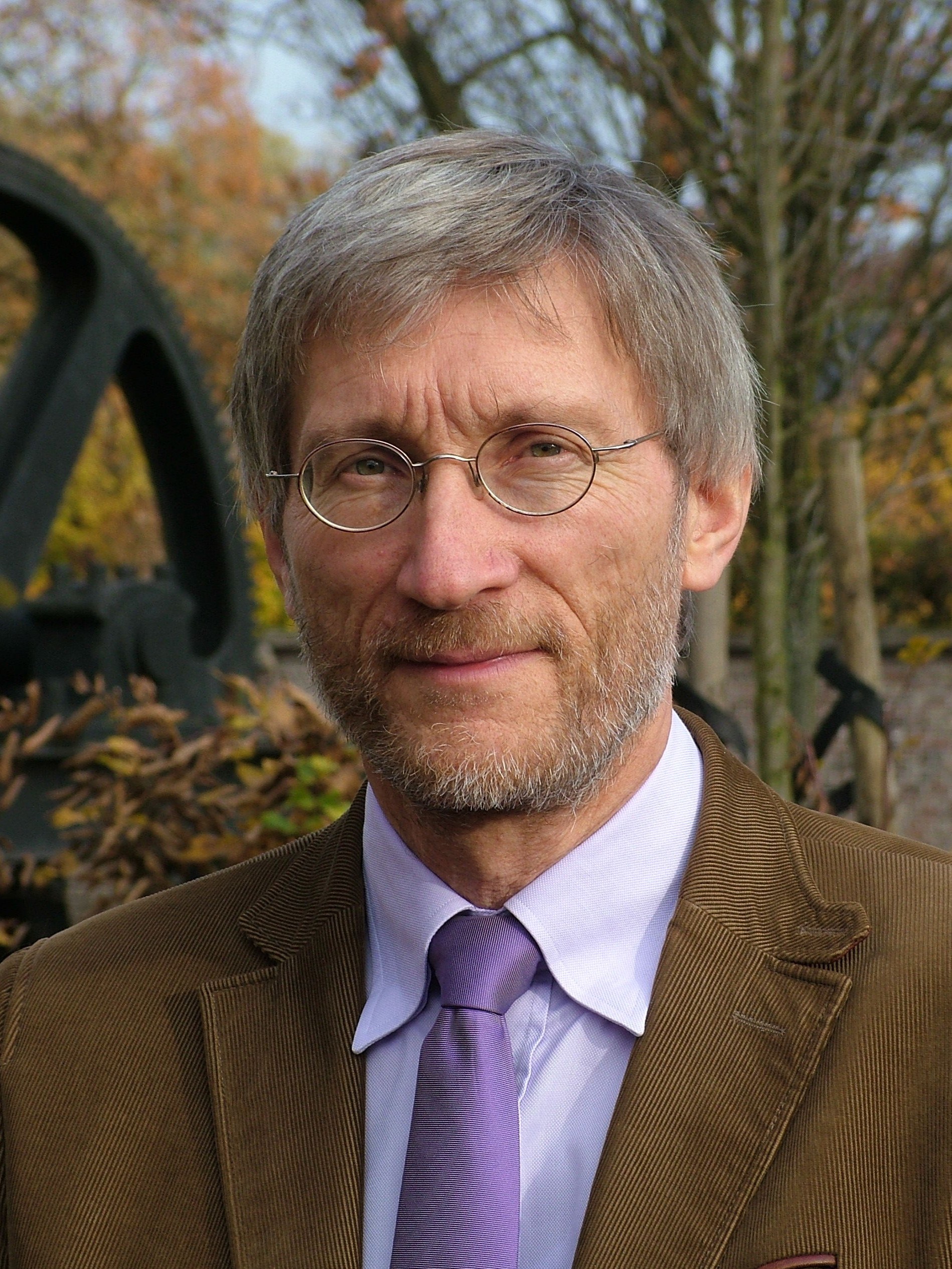
|
Joris De Schutter Department of Mechanical Engineering KU Leuven, Belgium | Prof. Joris De Schutter received the M.Sc. degree in mechanical engineering from KU Leuven, Belgium, in 1980, the M.Sc. degree from the Massachusetts Institute of Technology, in 1981, and the Ph.D. degree in mechanical engineering, also from KU Leuven, in 1986. Following work as a control systems engineer in industry, in 1986, he became a Lecturer in the Department of Mechanical Engineering, KU Leuven, where he has been a Full Professor since 1995. (read more) |
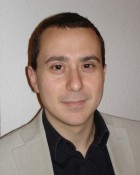
|
Dario Farina Dep. of Neurorehabilitation Eng. BFNT Göttingen University Medical Center Göttingen Georg-August University | After a period (2002-2004) as Research Assistant Professor at Politecnico di Torino, he moved to Aalborg University, Denmark, where he was an Associate Professor in Biomedical Engineering (2004-2008) and then Full Professor in Motor Control and Biomedical Signal Processing (2008-2010). In the latter period, he has been the Head of the Research Group on Neural Engineering and Neurophysiology of Movement at Aalborg University. (read more) |
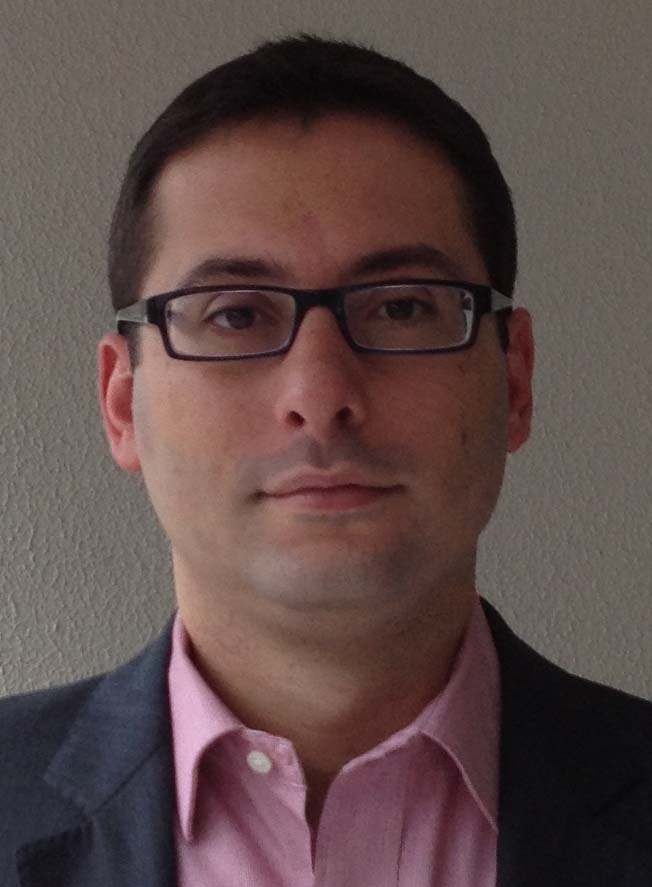
|
Anselmo Frizera Neto Departamento de Engenharia Elétrica Universidade Federal do Espírito Santo | Anselmo Frizera Neto received the Electrical Engineering degree from Federal University of Espirito Santo (UFES), Brazil, in 2006. In 2010, he obtained his Ph.D. in Electronics from Universidad de Alcalá, Spain. From 2006 to 2010 he worked as a researcher at the Bioengineering Group, Spanish National Research Council (CSIC). Currently, he is a Professor at the Electrical Engineering Department, UFES. (read more) |
|
|
José Gonzalez Neural Rehabilitation Group, Cajal Institute Spanish National Research Council | He obtained a degree in Electronics Engineering from the Technology Institute of Costa Rica. His studies focused on hardware design and automatic control. He obtained his master and doctoral degree in Medical System Engineering in the Biomimétic assistive technology from Chiba University in Japan. He is working in the Bioengineering Group of CSIC. He is specialized in Neuro-rehabilitation devices. |

|
Belinda Lange Institute for Creative Technologies. University of Southern California Los Angeles, USA | Dr. Belinda Lange, received her PhD and degree in Physiotherapy (Honors) from the U. of South Australia and her Science Degree from Flinders University. She is a Research Scientist at the ICT and Research Assistant Professor in the School of Gerontology at the U. of Southern California. Her research interests involve the use of interactive video game and VR technologies for cognitive assessment, motor rehabilitation, exergaming, postoperative exercise, and virtual human character interactions. (read more) |
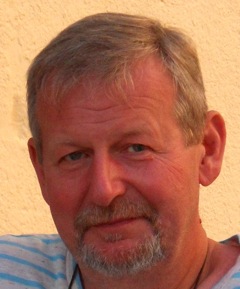
|
Dirk Lefeber Vrije Universiteit Brussel Department of Mechanical Engineering Robotics & Multibody Mechanics Research group | Research interests : new actuators with adaptable compliance, dynamically balanced robots, robot assistants, rehabilitation robotics and multibody dynamics. Projects related to exoskeletons : FP7: Viactors, Corbys, Cyberlegs, Biomot; regional funded : Mirad; university funded : Altacro. (read more) |

|
Dohyung Lim Sejong University, Seoul Republic Of Korea | Dohyung Lim received Ph.D. from School of Biomedical Engineering, Science, & Health Systems, Drexel University, Philadelphia, USA, in 2004. He completed a Postdoctoral Fellowship in Dept. Physical Therapy and Human Movement Science, Northwestern University, Chicago, USA. He worked as a Research Professor in Dept. Biomedical Engineering, Yonsei University, Korea, and a Senior Researcher in GeronTechnology Center, Korean Institute of Industrial Technology, Korea. |
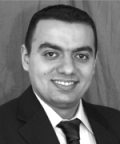
|
Samer Mohammed Laboratory of Image, Signal and Intelligent System (LISSI) University of Paris-Est Créteil | His research domain concerns mainly the modeling, identification and control of robotic systems (wearable robots) but also artificial intelligence and decision support theory. Applications of his research include chiefly the functional assisting of dependent people. He has been involved in the organizing committees of some national and international workshops in assistive robotics and network domains. (read more) |
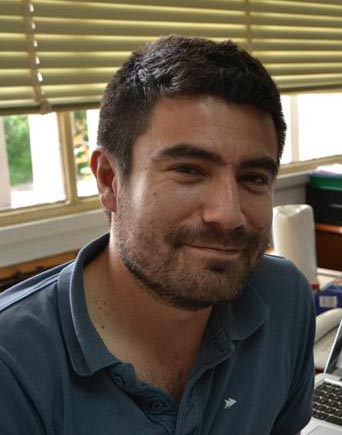
|
Juan C. Moreno Neural Rehabilitation Group, Cajal Institute Spanish National Research Council | Dr. Juan Moreno is with CSIC since 2001. He received the degree in automatics engineering from U. La Salle and since 2001 he has been with CSIC, developing and studying the lower leg orthosis GAIT at the Bioengineering Group, and received the PhD in 2006. He has scientifically and technically coordinated a number of projects in the field of assistive technologies and robotics, including 1 5FP project, GAIT, 1 6FP project, ESBIRRO and FP7 project BETTER. (read more) |
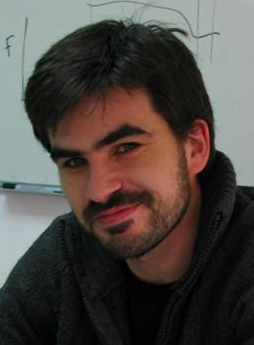
|
Rafael Raya Bioengineering Group Spanish National Research Council | He received the PhD degree in 2011 and a M.S. degree in 2008 from the University of Alcalá (Spain). He received an Electronic and Automatic Engineering degree in 2006 from the University of Córdoba (Spain). He was a postdoc fellow at the Harvard Medical School in Boston (USA) and MOVE Institute (Vrije Amsterdam Universiteit). His research activity is focused on assistive devices for people with Cerebral Palsy. Dr. Raya has actively participated in a number of National, European and International RTD projects. |
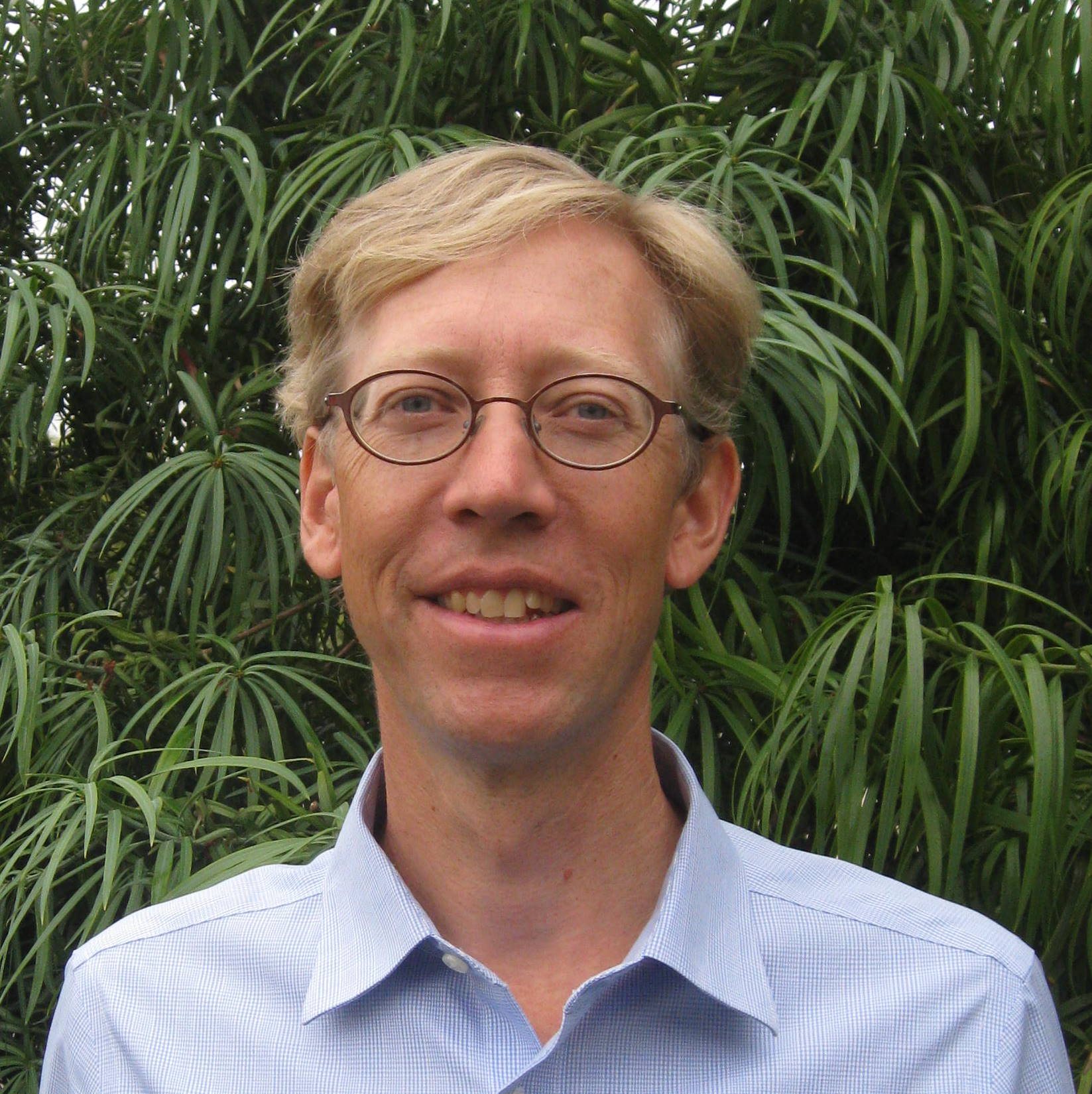
|
David J. Reinkensmeyer Department of Biomedical Engineering University of California, Irvine | Prof. Reinkensmeyer's research interests are in neuromuscular control, motor learning, robotics, and rehabilitation. A major goal is to develop physically interacting, robotic and mechatronic devices to help the nervous system recover arm, hand, and leg movement ability after neurologic injuries such as stroke and spinal cord injury. Another goal is to understand the computational mechanisms of human motor learning, in order to provide a rational basis for designing movement training devices. (read more) |
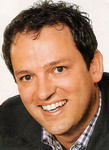
|
Robert Riener Institute of Robotics & Intelligent Systems, ETH Zurich and SCI Center, U. Hospital Balgrist, U. of Zurich | Prof. Robert Riener is full professor for Sensory-Motor Systems at the Department of Health Sciences and Technology, ETH Zurich, and professor of medicine at the University Clinic Balgrist, University of Zurich. Riener has published more than 300 peer-reviewed journal and conference articles, 20 books and book chapters and filed 20 patents. (read more) |
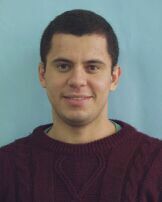
|
Eduardo Rocon Bioengineering Group Spanish National Research Council | Eduardo Rocon de Lima graduated in Electrical Engineering at Universidade Federal do Espiríto Santo (UFES) in 2001. His Ph.D. thesis (2006), for which he was awarded the Georges Giralt PhD Award (2008), focused on the development of a rehabilitation robotic exoskeleton that provides a means of testing and validating non grounded control strategies for robotic exoskeletons for active upper limb tremor suppression. Dr. Rocon got a tenured researcher position (2010-present) at the Bioengineering Group at CSIC. |
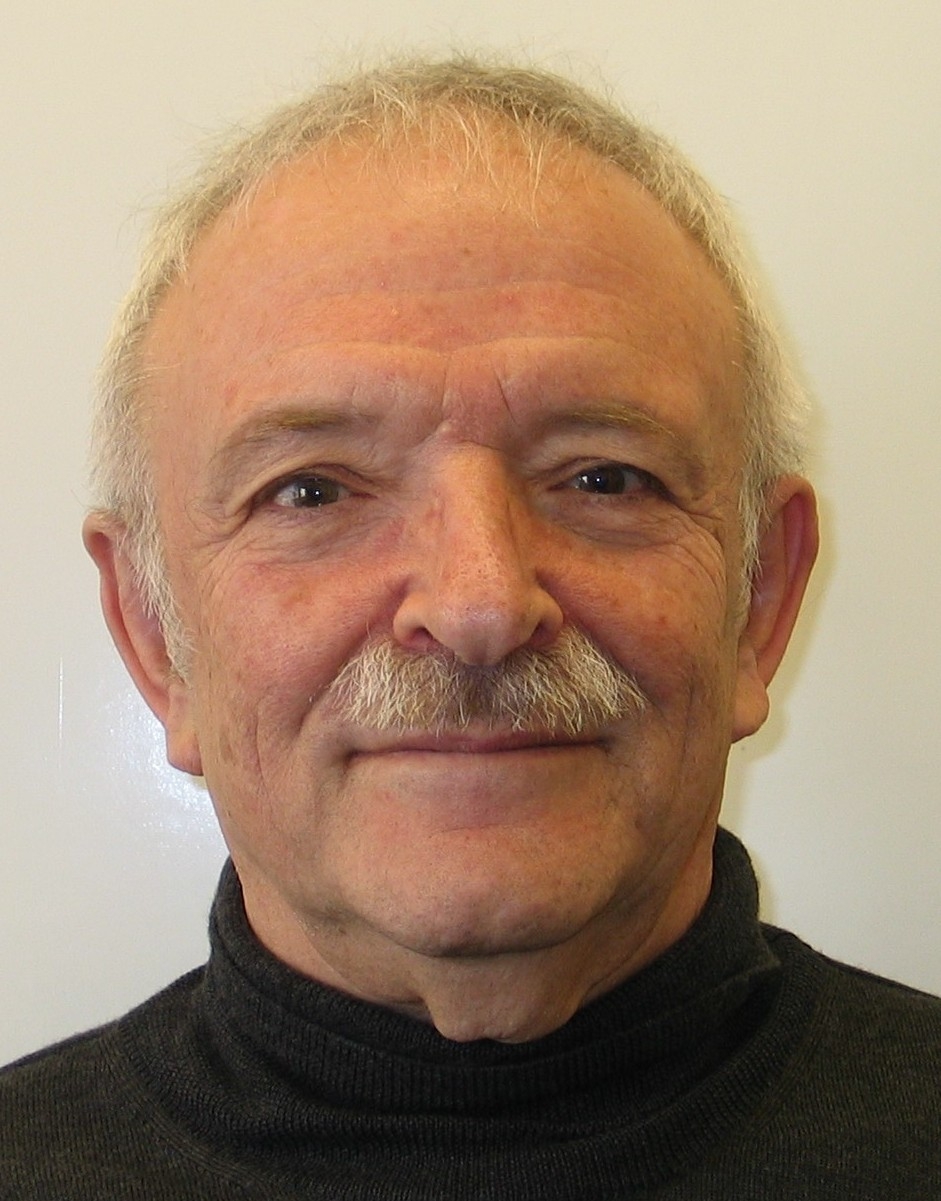
|
Zev Rymer Northwestern University, Chicago, USA | Prof. Rymer holds the John G. Searle Chair in Rehabilitation Research and is Vice President for Research at the Rehabilitation Institute of Chicago, while also holding appointments as Professor of Physiology and Biomedical Engineering at Northwestern University and at Hines VA, Hines, IL. He is also Director of the Medical Biomechanics Program at Northwestern University Medical School. (read more) |
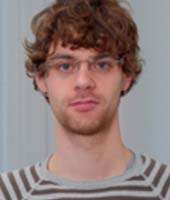
|
Massimo Sartori Universitätsmedizin Göttingen Georg-August-Universität Dep. of Neurorehabilitation Eng. | Massimo Sartori, Post-Doctoral Research Scientist, University Medical Center Goettingen. Massimo Sartori received his master degree in Computer Engineering from the University of Padova in 2007. In 2011 he received his PhD degree from the Graduate School on Information Engineering, University of Padova. From 2009 to 2011 he was a visiting PhD student at the School of Sport Science, Exercise and Health, University of Western Australia, working in Prof. David G. Lloyd's group. (read more) |
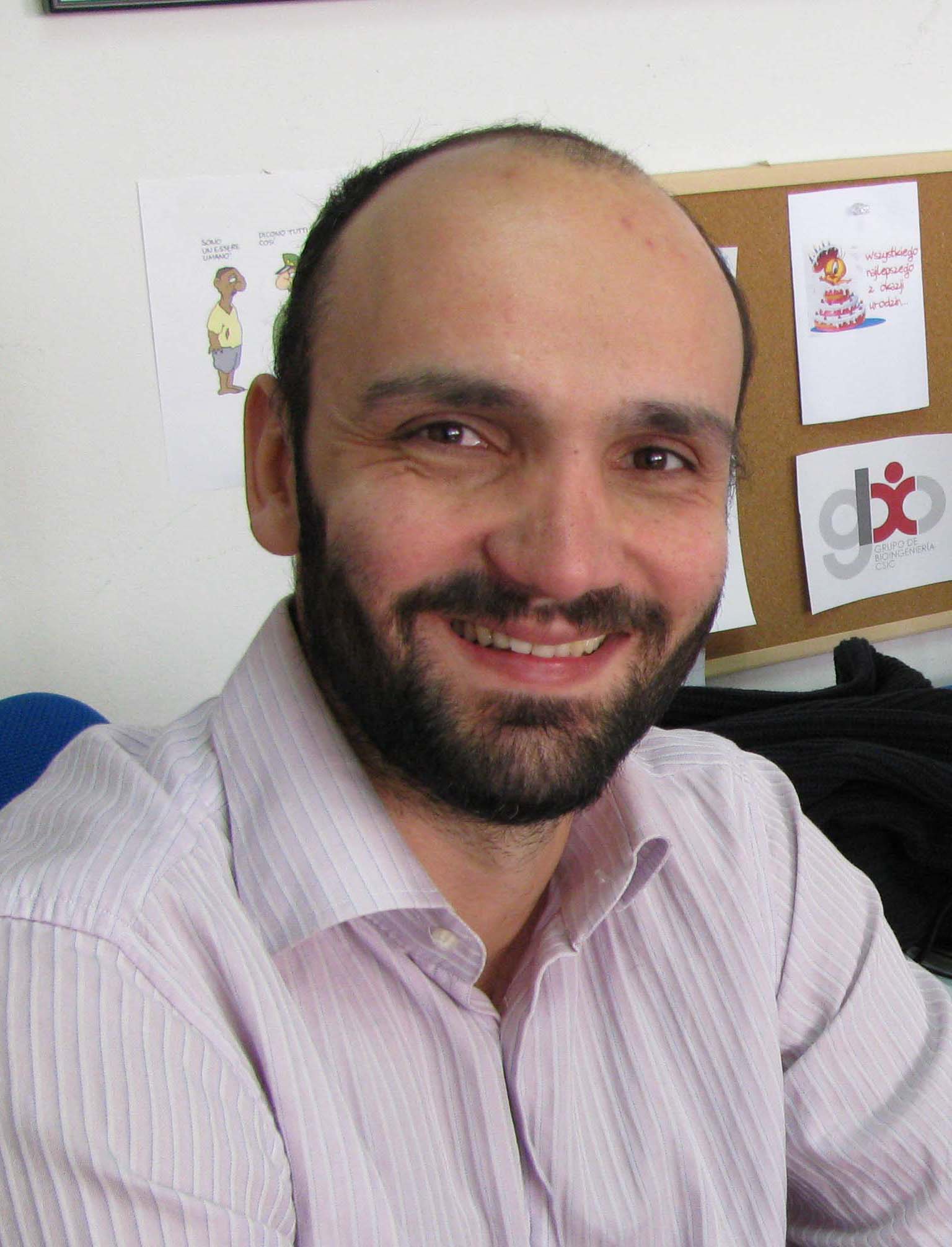
|
Diego Torricelli Neural Rehabilitation Group, Cajal Institute Spanish National Research Council | Dr. Diego Torricelli received the PhD in Biomedical Engineering at University Roma Tre in 2009. His thesis focused on the development of an Eye-Gaze driven Human Computer Interface. He assisted research activities on Human Computer Interfaces in the Department of Applied Electronics at the University 'Roma TRE' for four years. He worked as Executive Manager at a spin-off company of University Roma Tre, and he is now working in the Bioengineering Group of CSIC in the HYPER project. . (read more) |
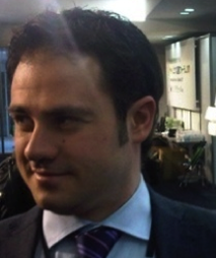
|
Nicola Vitiello Head of the Wearable Robotics Laboratory The BioRobotics Institute Scuola Superiore Sant'Anna, Pisa, Italy | Prof. Nicola Vitiello (M'12) received the M.Sc. degree in biomedical engineering (cum laude) from the University of Pisa, Italy, in 2006, and from Scuola Superiore Sant'Anna, Pisa, Italy, in 2007. He also received the Ph.D. degree in biorobotics from the Scuola Superiore Sant'Anna, Pisa, Italy, in 2010. He is currently an Assistant Professor with The BioRobotics Institute, Scuola Superiore Sant'Anna. (read more) |
Medical Centers/Research Hospitals
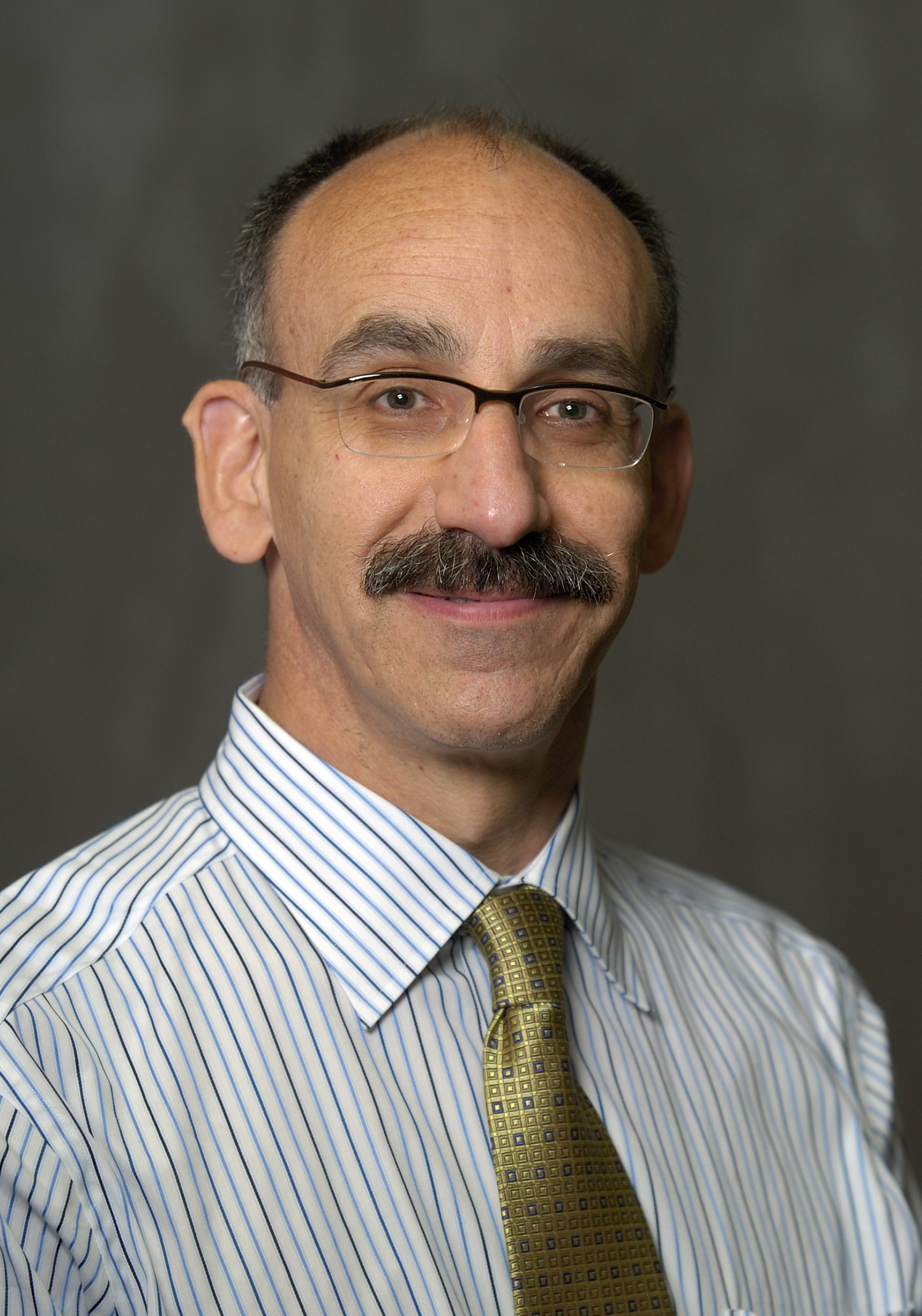
|
Alberto Esquenazi John Otto Haas Chair and Prof. Dept. of PM&R & Chief Medical Officer Director Gait & Motion Analysis Lab and Regional Amputee Center |

|
Julian Taylor Principle Investigator Sensorimotor Function Group Hospital Nacional de Parapléjicos | BSc in Physiology (University of Sheffield 1986) and PhD in Neurophysiology and Neuropharmacology (University of Nottingham 1990). Participation in basic and clinical studies regarding spinal mechanisms of sensorimotor function at the University of Florida Brain Institute and the Instituto de Neurobiología 'Ramón y Cajal' Madrid. Interests include sensorimotor pathophysiology and functional recovery after spinal cord injury. |
Industry

|
Thierry Keller Tecnalia | Dr. Keller is the head of the Rehabilitation department in the Health Technologies unit of Tecnalia Research & Innovation, the largest private research center in Spain. The main activities of the Rehabilitation department are to investigate, innovate and develop new technologies for ageing and disability. Focuses are in rehabilitation and prevention on novel enabling technologies for rehabilitation robotics, tele-rehabilitation, technologies for physical and cognitive prevention, and non-invasive neuroprostheses. |

|
Platinum Sponsor Javier Roa Technaid S.L. | Eng. Javier O. Roa is the general manager of Technaid S.L., Madrid, Spain. Since 2010, he has managed numerous projects in the company. He has led the development of new systems and the commercial exploitation of several outcomes generated in those projects, currently commercialized by the company. His research interests are in the field of optimization methods using metaheuristic techniques and concepts of artificial intelligence, such as evolutionary algorithms, fuzzy logic, and artificial neural networks. |
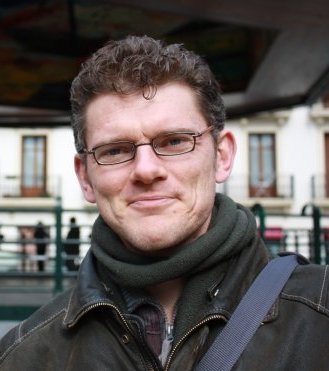
|
Jan Veneman Senior Researcher, Project Manager Health - Rehabilitation Technology Tecnalia | Dr. Jan Veneman received his PhD degree in 2007 from the U. of Twente on the design of the rehabilitation robot LOPES. Currently he is working in Tecnalia Research and Innovation, Spain, in the Rehabilitation Department, as specialist for lower extremity rehabilitation. He is coordinator of the FP7 research project BALANCE, on balance control in exoskeletons. He is active as expert in the ISO TC184/SC2/WG7 and ISO/ IEC SC 62A/JWG 9, both relevant for wearable robots. |
